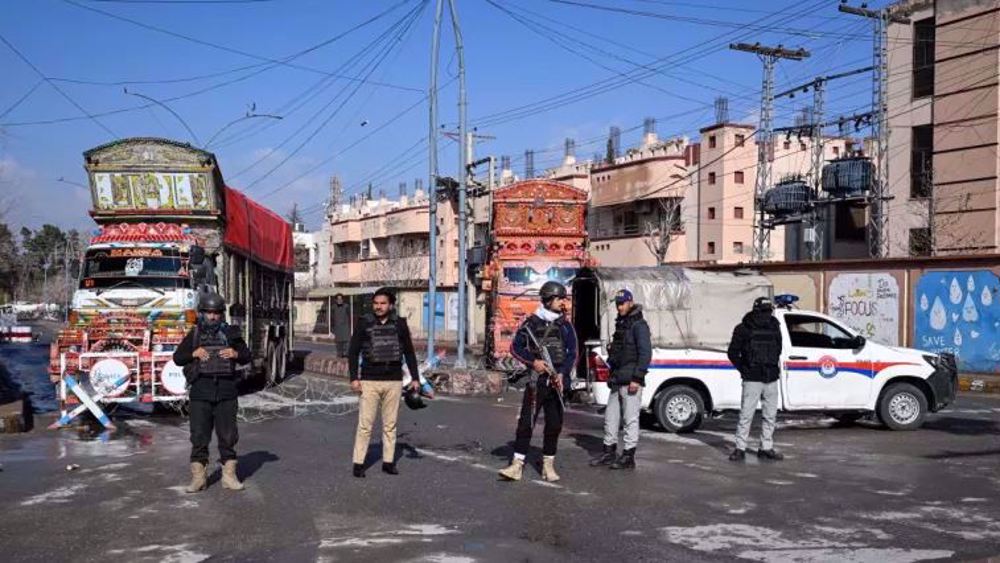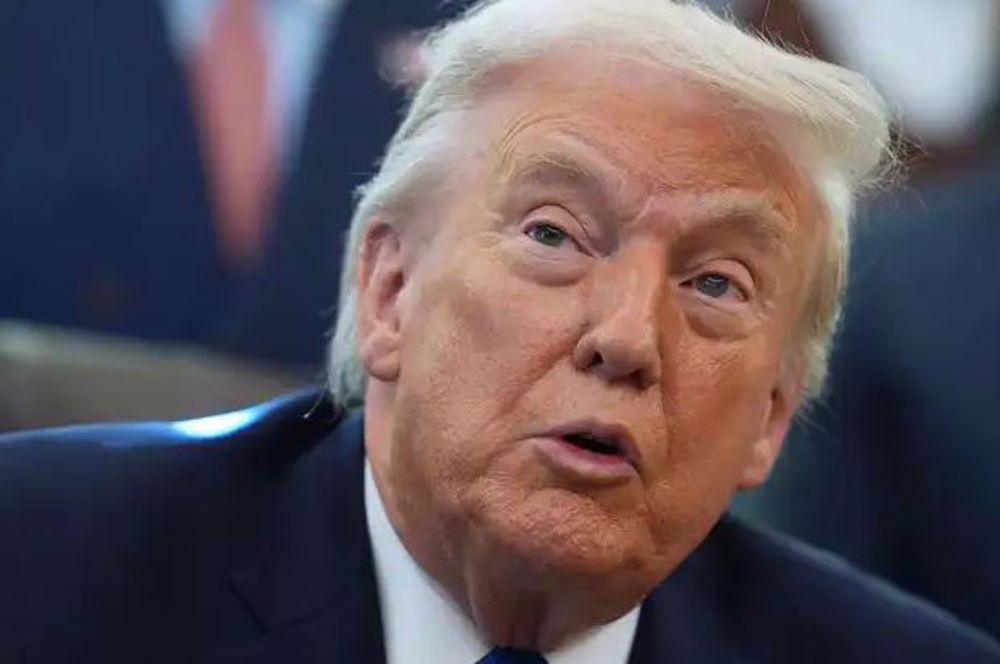India, China successfully address some differences
Indian Prime Minister Narendra Modi says his country and China have been successful in settling some differences between the two Asian giants, as New Delhi and Beijing move to introduce a new chapter in their ties.
Modi, who is in China on his first visit to the country since he took office less than a year ago, said he has made considerable progress in efforts to resolve the thorny issues with China, including a series of border disputes and the trade imbalance between the two countries.
“Our conversations were candid, constructive and friendly. We covered all issues, including those that smooth the relations. I asked China to reconsider its approach on some of the issues that hold us back on realizing the full potential of our partnership,” Modi said after a Friday meeting with his Chinese counterpart Li Keqiang.
The Indian premier, who also met with Chinese President Xi Jinping on Thursday, described his negotiations in Beijing as promising, which, according to him, could set a new direction in ties between the two economic and political powerhouses in Asia.

India and China, the world’s most populous countries with a combined 2.6 billion people, have been engaged in a fierce economic and political rivalry. Modi’s visit to China, however, is seen as a sign of warming ties between the two states.
According to Modi, the Chinese officials have shown clear sensitivity about India’s growing trade deficit with China, which stood at USD 48 billion last year. He said the two sides have agreed to form a high-level body tasked with expanding economic relations in the fields of agriculture, infrastructure, pharmaceuticals, information technology and manufacturing.
The Indian and Chinese prime ministers also oversaw the signing of 24 agreements to expedite their cooperation in various areas of interest. Two new consulates will also be opened in India’s Kolkata and China’s Chengdu, increasing the level of diplomatic relations between New Delhi and Beijing.
The two sides have also agreed to take more confidence-building steps with regard to the disputed regions on the Himalayan border, Modi said.
India and China seem very unlikely to sign any agreement on the issue, which triggered a bloody war between the two in 1962. However, they could reach some sort of understanding in defining the lines of control to avoid potential confrontations in the area.
“We both reiterated our strong commitment to make all efforts to maintain peace and tranquility in the border region,” said Modi, adding that the two sides would continue their efforts to find a final resolution to the border issue.
MS/MKA/HJL
Iran finalizes planning for talks with US; venue to be announced: Foreign Ministry
VIDEO | The official opening of Rafah Crossing
VIDEO | Iran prepared for equitable dialogue
VIDEO | Released to die: Medical neglect kills former Palestinian prisoner
VIDEO | Iran’s Islamic Revolution continues to send message of resilience across region
Iranian drone successfully completes mission in intl. waters amid reports of US sabotage
Gaza Civil Defense collapses as Israeli fuel blockade halts all emergency operations
UN Chief warns Israel’s E1 settlement plans threaten Palestinian statehood










 This makes it easy to access the Press TV website
This makes it easy to access the Press TV website